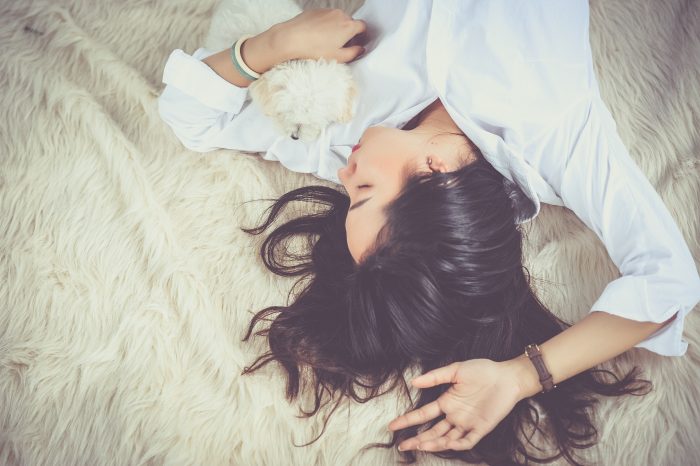How have you been sleeping lately? If you’ve been struggling to get more rest, then you may want to think about turning to technology instead of bottles of melatonin and cups of herbal tea.
Consumer wearables are making a big impact in the healthcare field. They’re helping doctors monitor their patients while simultaneously helping people take control of their health and wellness. One way that consumers can use wearables to improve their lives is to monitor and adjust their sleep habits.
Research conducted by IDTechEx suggests that nearly 4 million people will own a wearable device by the end of 2019. If you already own a wearable or are thinking about getting one, here’s what you need to know about using wearable devices to help you sleep better and wake up ready to take on each day.
We Are Tired!
Most Americans aren’t getting enough rest. In fact, around 30% of adults in the United States suffer from insomnia—difficulty falling or staying asleep. We can partly blame our fast-paced lifestyles, but a bigger culprit may be the amount of time we spend looking at screens, right up until bedtime.
Short term, sleep deprivation makes us less productive, sluggish, and unable to focus. In the long term, it can have serious health consequences. If you’re not getting 7-8 hours of quality sleep every night, then it may be time to think about turning to technology to help you sleep. Not the screens that are keeping you up, though—the wearables that will help you wind down.
Using Wearables for Improved Sleep
If you’ve ever woken up feeling like you’ve run a marathon overnight, then tracking your sleep with a wearable could be a very enlightening experience. You’ll be able to follow your tossing and turning and find out how much sleep you’re actually getting.
Start by choosing your wearable. If you already have a FitBit or an Apple Watch, then all you have to do is set up your device’s sleep tracking capabilities and you’re good to go. If you don’t, then just look for a device that’s comfortable and known to be fairly accurate. Some people find that wearing a watch or wristband to bed actually worsens their insomnia problem. Fortunately, there are lots of options that don’t require you to wear a wristband.
Once you’ve got your wearable set up, the next part is easy—just start wearing it! You should track your sleep for several days or weeks in order to really learn about your sleep patterns. Some nights are going to be better than others, but it’s the average that really counts.
But data collection is only the first part of the process. Once you’ve tracked your sleep for several nights, it’s time to put that data to work. Talk it over with your doctor and get some suggestions for improving the amount and quality of your sleep. They may suggest a sleep study to ensure that you’re not suffering from a sleep disorder like sleep apnea.
Proceed With Caution
Before you start using wearables to track your sleep, you should know some of the risks that go along with relying on this technology. Even some experts say to use wearables with caution when it comes to addressing sleep issues.
In a refreshing display of integrity, Dreem CEO Vik Panda warns that wearables aren’t always the answer to sleepless nights. Although Panda heads a sleep technology firm, he says that for some insomnia sufferers, the use of wearables can actually make the problem worse. Another drawback is that many trackers aren’t all that accurate.
On top of the fact that wearables can aggravate insomnia for some users, there are other concerns about consumer data privacy and device accuracy when it comes to wearables. According to a report published for Spain’s Institute for Systems and Technologies of Information, Control and Communication (INSTICC), there are substantial ethical concerns regarding wearable devices.
While these studies don’t mean that wearables have no value, it is important to understand the surrounding research before using a wearable to improve your sleep habits. When in doubt, talk to a medical professional.
Wearable Data: a Good Starting Point
While wearables are doing a lot to help people understand their health, they’ve still got a ways to go. These devices just aren’t sensitive enough to produce fully accurate sleep data, but they are a good starting point. They can help you figure out what’s going on in the middle of the night and give you valuable information you can use to get more rest.
Use wearables with caution. Remember that your sleep data is sensitive, personal information. Don’t just automatically authorize your devices to collect any and all data. Really understand what you’re doing before you start tracking your sleep.
Sleep is crucial to your health but it can feel elusive if you struggle with insomnia. A collaboration between your wearables and a trained health professional could help you live a healthier, happier life and leave those sleepless nights behind you.












Read 0 comments and reply